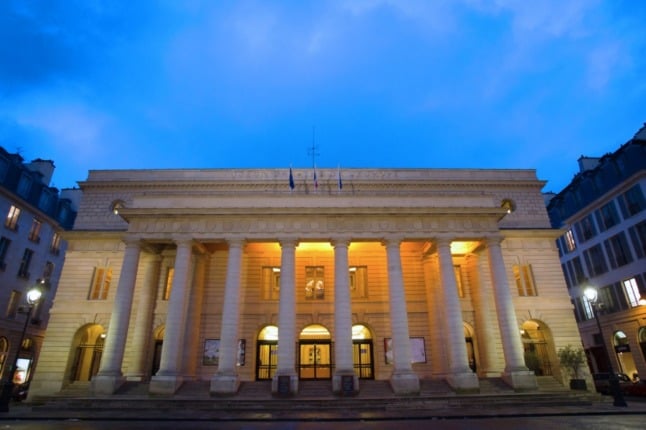Born in Zurich and brought up in Switzerland and France, he had been dogged by ill health for much of his life.
He started his career in Germany, taking charge of the Berlin Schaubuehne theatre and overseeing the Vienna Festival before returning to Paris three years ago.
Bondy directed a wide range of some 60 plays and 16 operas across Europe.
He turned his hand expertly from anything to Shakespeare, Chekhov, Moliere and Marivaux.
He also won renown for operatic productions, notably of works by Monteverdi, Benjamin Britten, Verdi and Mozart.
President Francois Hollande said Bondy had “incarnated cultural Europe through his personal history and exceptional work.”
Bondy suffered poor health since having to fight off cancer from the age of 25.
The illness would return to ravage him several times and, in 2009, he had to oversee rehearsals with the Paris Opera from a bed placed stageside.
“I always acted as if there was nothing untoward — I lived, I enjoyed myself,” he once said.
Bondy was married to Swiss producer Marie-Louise Bischofberger and father to twins.



 Please whitelist us to continue reading.
Please whitelist us to continue reading.
Member comments